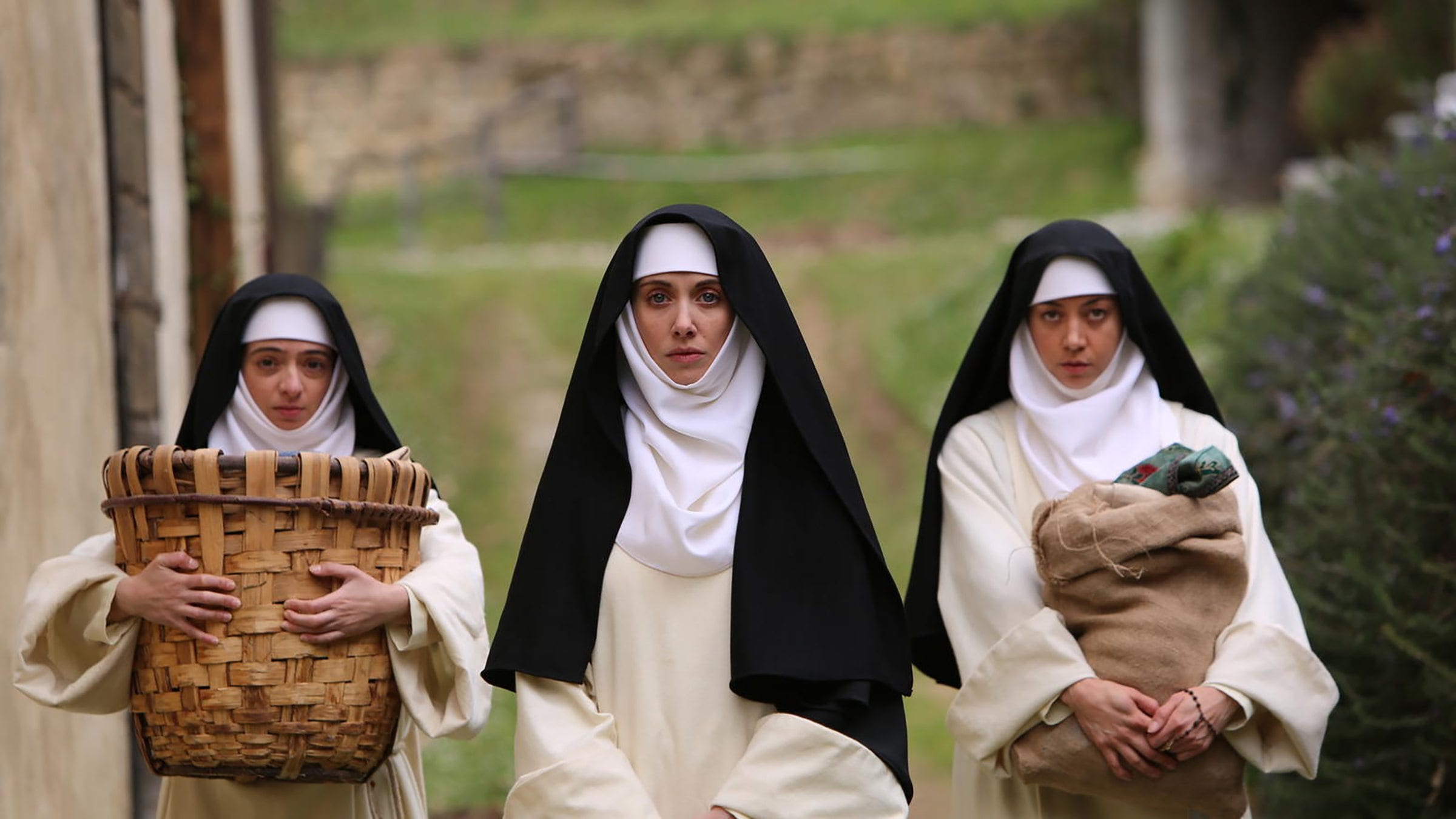
Thou shalt laugh: ‘The Little Hours’ tries too hard to be funny
Pegged as a raunchy adaption of Giovanni Boccaccio’s medieval classic The Decameron, The Little Hours tries to be a comedy of Monty Python proportions, but is more akin to a juvenile bedroom farce.
The big screen adaptation had the difficult task of winnowing down a narrative from over 100 tales in the collection of novellas, originally published in 1353. Jeff Baena mines the source material for gags, but the tale of young people sheltering from the Black Death doesn’t automatically strike one as comedy gold.
The plot follows three bewildered nuns in 14th-century Tuscany: Alessandra (Alison Brie), dumped at the convent by her impoverished father and sisters, alongside Fernanda (Aubrey Plaza) and Genevra (Kate Micucci), replete with their own dark secrets.

We know Jeff Baena from his previous movies Life After Beth and I Heart Huckabees. Both films were derided by critics as cliché-laden, the latter being called out as “annoying” by more than one reviewer. The Little Hours, too, contains clichés and annoyances, the bedroom farce elements coming on a little too strong and the jokes falling decidedly into obvious territory.
This is illustrated early in the story, as the nuns express their presumably deep frustrations via potty-mouthed invective upon the local handyman, who promptly quits. His replacement, predictably, is Massetto (Dave Franco), a suave, cuckolding servant promised refuge in the nunnery – as long as he assumes the role of deaf-mute.

Spurred on by Massetto’s masculine sexual energy, the sisters take turns defiling their chastity, unleashing their deepest desires on him. The debauchery stops at nothing, becoming a whirlwind of pansexual horniness, substance abuse, and wicked revelry.
If Baena wished to use The Little Hours as a way to piss off a legion of Catholics and illustrate the double standards and corruption at the height of the Roman Catholic Church, then he succeeded; The Catholic League for Religious and Civil Rights called the movie “trash, pure trash”.
But if the director wanted to change his uneven reputation and create a laugh-out-loud comedy, he largely failed. With such rich source material, beautiful cinematography, and a stellar ensemble cast, we wonder why he wasted them on a manifestly superficial and puerile screenplay.



